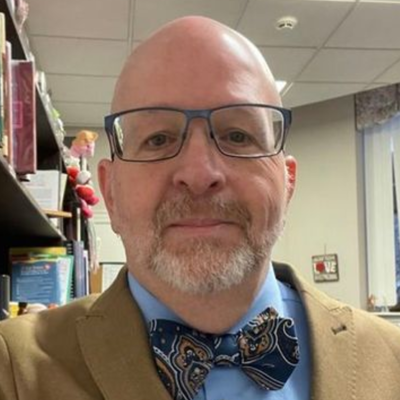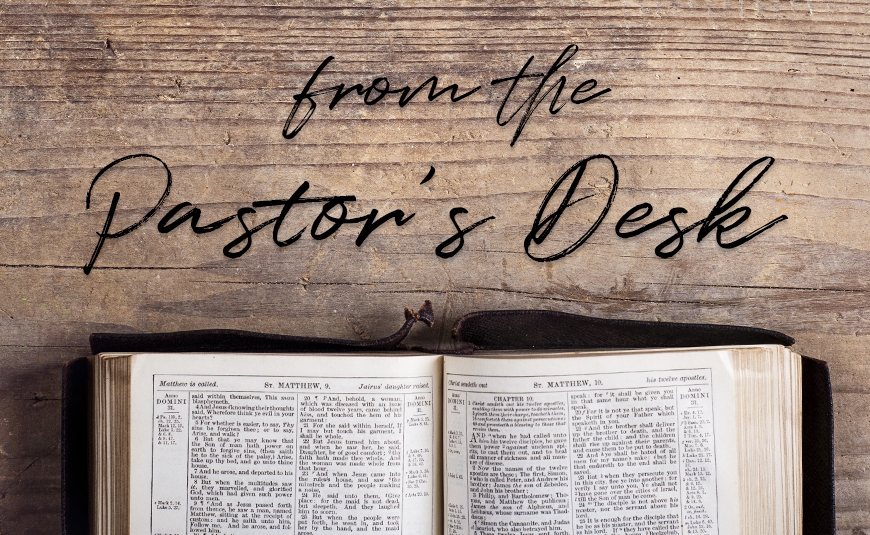Courage is universally admired. People in every culture admire courageous souls and desire to emulate them. We instinctively understand that courage is a good thing. In traditional Catholic theology, for example, courage is considered to be one of the four cardinal virtues. As Samuel Johnson once observed, “Courage is reckoned the greatest of all virtues; because, unless a man has that virtue, he has no security for preserving any other.”
As much as we admire and desire it, however, many of us misunderstand what courage is. Many think courage is essentially the absence of fear. The courageous person, we think, is someone who is utterly fearless in the face of danger. We assume fear is the opposite of courage, more akin to cowardice than bravery. The only way to be truly courageous, we reason, is to completely purge fear from our emotions.
But as Scott Peck points out in Abounding Grace, this understanding is actually closer to a definition of what courage is not, rather than what it is. Genuine courage, he explains is not the absence of fear, but rather “the capacity to go ahead in spite of your fear—in the very direction of which you are afraid.” “In fact,” he adds,” as far as I’m concerned, the total absence of fear suggests some kind of brain damage.”
Mark Twain made essentially the same point. “Courage,” he wrote, “is resistance to fear, mastery of fear–not absence of fear. Except a creature be part coward it is not a compliment to say it is brave.”
As Twain points out, by its very nature, fear is a necessary component of courage. Whatever the situation, if there’s no fear, courage isn’t needed. Only when fear is part of the picture can we be truly courageous.
When we examine Scripture, this is precisely the kind of courage we’re exhorted to have. There are numerous passages where we’re told to “be courageous” and “be people of courage” and to “fear not.” The message is not to try and turn ourselves into brain-damaged people who are impervious to any sense of risk. Or to try and squelch the instinctual emotions God has designed us to have in the face of danger. No, what these passages are saying is that we shouldn’t allow our fears to paralyze us or keep us from moving forward. We should draw courage from knowing that God is with us even as we move into a place of fear. Even if it’s as dangerous as “the valley of the shadow of death,” we are called to go through it fearing “no evil’, for God is with us.
When I think of courageous people, I think the cancer patient who bravely goes in regularly for their chemotherapy or radiation treatments. Or the caregiver who lovingly cares for an aging parent or a terminally ill spouse. Or the teacher who boldly steps into a classroom seemingly filled with indifference to try and make a difference. Such people are courageous not because they’re fearless. They’re courageous because they’re able to swim against the current of their fear and live with hope.
You may not think of yourself as courageous. But the fact is God has given you a far greater capacity for courage than you realize. Don’t let fear stop you for it is out of fear that genuine courage is born. Knowing God is with you, be strong and courageous, and “hew out a stone of hope from a mountain of despair.”
Be sure to check out this article in our full newsletter from January 2024 - Click Here!


